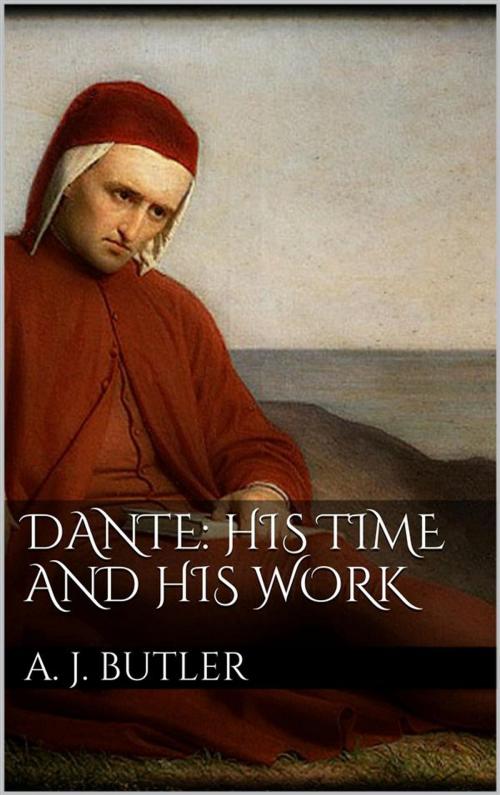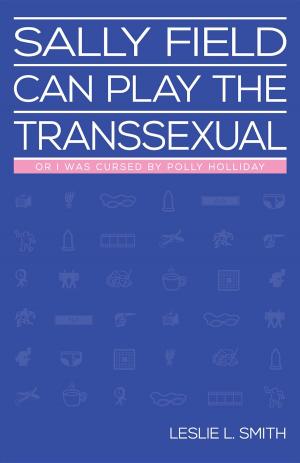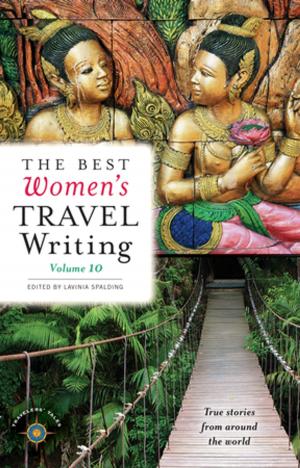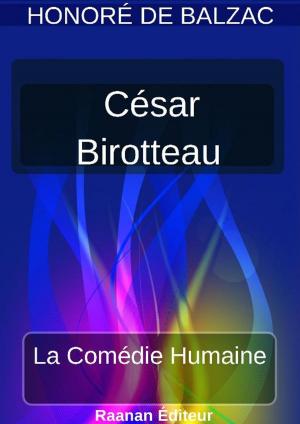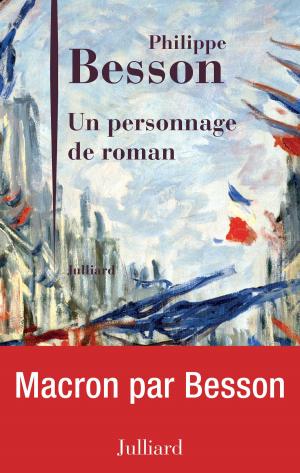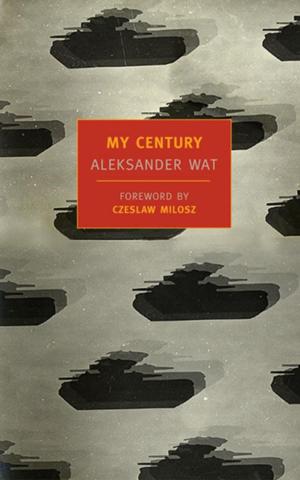Dante: His Times and His Work
Fiction & Literature, Literary Theory & Criticism, European, Italian, Biography & Memoir, Literary| Author: | Arthur John Butler | ISBN: | 9786050384857 |
| Publisher: | Arthur John Butler | Publication: | June 3, 2015 |
| Imprint: | Language: | English |
| Author: | Arthur John Butler |
| ISBN: | 9786050384857 |
| Publisher: | Arthur John Butler |
| Publication: | June 3, 2015 |
| Imprint: | |
| Language: | English |
The person who sets to work to write about Dante at the present day has two great difficulties to reckon with: the quantity which has already been written on the subject, and the quantity which remains to be written. The first involves the reading of an enormous mass of literature in several languages, and very various in quality; but for the comfort of the young student, it may at once, and once for all, be stated that he can pretty safely ignore everything written between 1400 and 1800. The subject of commentaries, biographies, and other helps, or would-be helps, will be treated of later on. Here we need only say that the Renaissance[2] practically stifled anything like an intelligent study of Dante for those four centuries; and it was not until a new critical spirit began to apply to it the methods which had hitherto been reserved for the Greek and Latin classics, that the study got any chance of development. How enormously it has developed during the present century needs not to be said. It may suffice to point out that the British Museum Catalogue shows editions of the Commedia at the rate of one for every year since 1800, and other works on Dante in probably five times that proportion.
The person who sets to work to write about Dante at the present day has two great difficulties to reckon with: the quantity which has already been written on the subject, and the quantity which remains to be written. The first involves the reading of an enormous mass of literature in several languages, and very various in quality; but for the comfort of the young student, it may at once, and once for all, be stated that he can pretty safely ignore everything written between 1400 and 1800. The subject of commentaries, biographies, and other helps, or would-be helps, will be treated of later on. Here we need only say that the Renaissance[2] practically stifled anything like an intelligent study of Dante for those four centuries; and it was not until a new critical spirit began to apply to it the methods which had hitherto been reserved for the Greek and Latin classics, that the study got any chance of development. How enormously it has developed during the present century needs not to be said. It may suffice to point out that the British Museum Catalogue shows editions of the Commedia at the rate of one for every year since 1800, and other works on Dante in probably five times that proportion.
